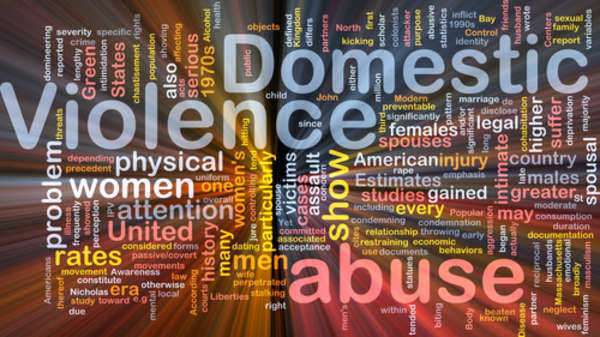Know the Learned Behavior of Domestic Violence

Much of the available domestic violence
information
The domestic violence cycle is a brutal one; in many cases it is also extremely
effective. Children who grow up witnessing one of their parents subjecting the
other to the domestic violence cycle may have this behavior imprinted in their
subconscious. For example, a child who grows up witnessing his father
subjecting his mother to violence and cruelty may believe that this behavior is
normal and admissible. In many cases, the abuser will achieve their goal
through the use of brutality. In most instances, this goal is to ensure that
they establish and maintain control over their victim. A victim of the domestic
violence cycle will often fear for their health and safety, and will therefore
allow the abuser to hold the power within a relationship. Domestic violence
information suggests that a victim of abuse will seek to please their abuser in
order to avoid suffering from further cruelty. They make seek to ensure that
they fulfill all of the requests and the desires of their abuser. A young boy
who witnesses his mother submit to the authority of his father due to the use
of the domestic violence cycle, may find that this form of abuse is beneficial.
In situations such as this, a boy may learn that the use of brutality receives
results. It allows the abuser to achieve what they are looking to achieve. They
maintain control over their victim and often achieve the ability to take part
in any activities that they wish to partake in, without questions from their
partner. A victim of domestic violence will fear to question their abuser’s
behavior because inquiries may result in physical punishment. A child who is
witnessing the domestic violence cycle being carried out may develop the
mentality that cruelty is the most effective way to guarantee that their
partner is loyal and pragmatic. This is especially true when the abuser
receives no adverse repercussions for their actions. Domestic violence
information indicates that many perpetrators never receive penalties for their
behavior, and that many victims of abuse remain in an abusive relationship. If
a child is witness an adult commit these acts without punishment, it reinforces
the idea that this behavior is acceptable. This is especially true when a
victim of abuse does not attempt to escape their harmful environment. The child
will believe that they have no reason to fear legal disadvantages for
brutalizing their partner, and they also do not need to worry about their
partner attempting to flee. From this perspective, domestic violence seems like
a beneficial method of control with no detrimental effects for the abuser.
Domestic violence information suggests that children growing up in these types
of situations are more likely to subject their partners to abuse and brutality
later in life.













